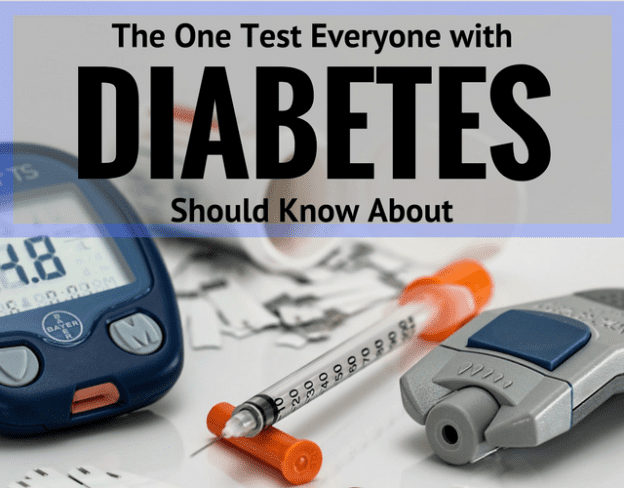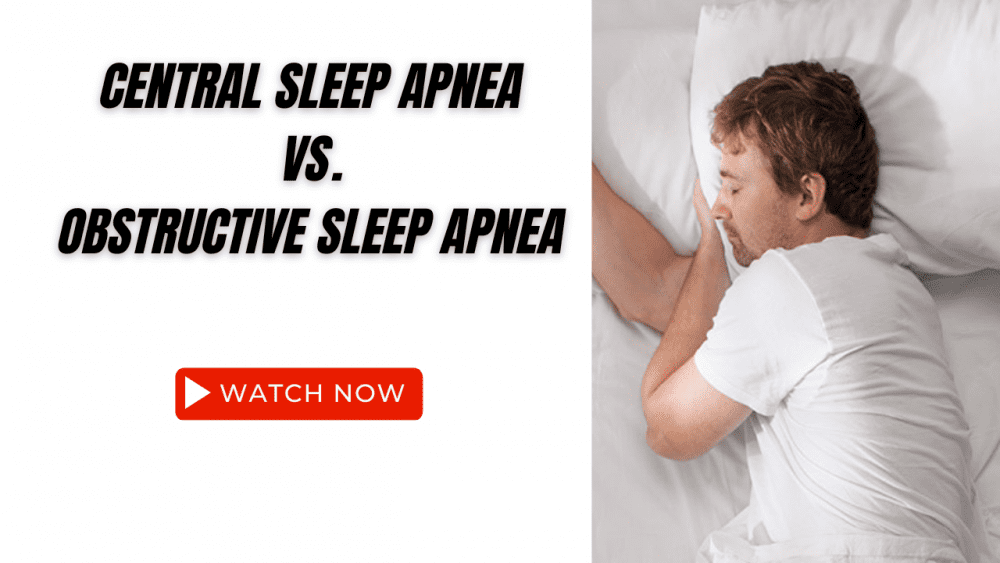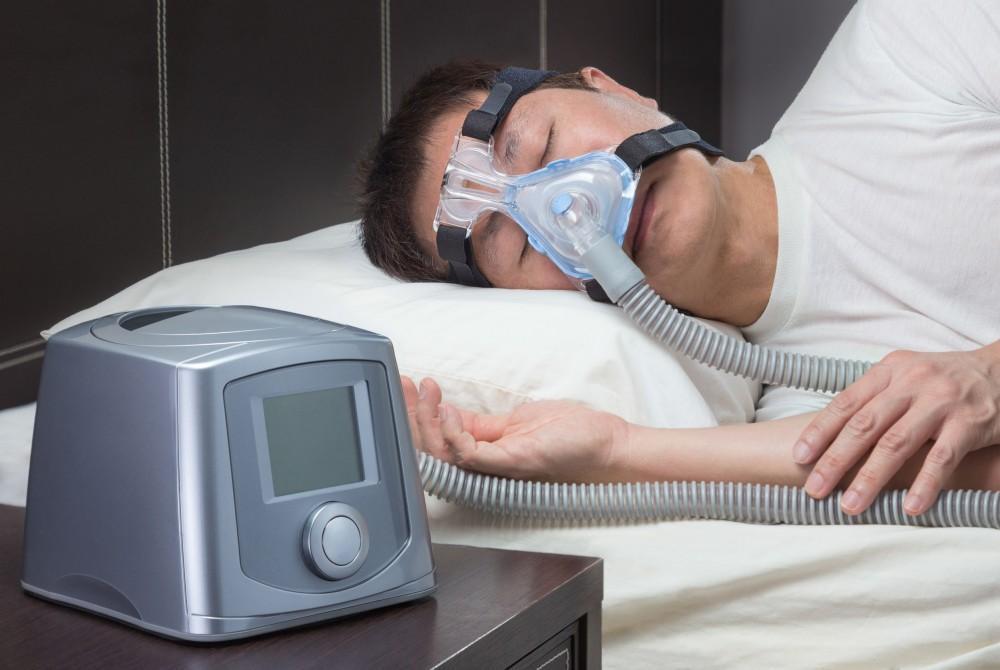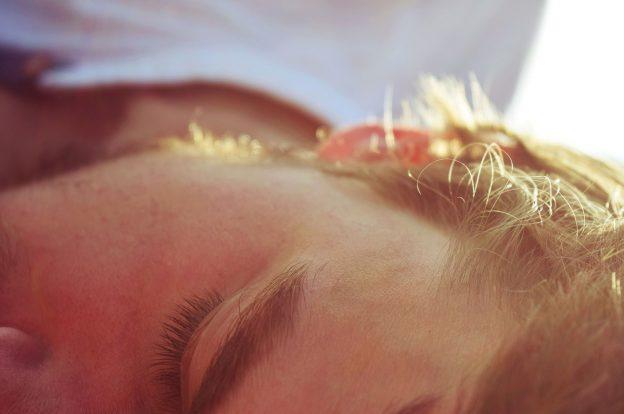
The One Test Everyone with Diabetes Should Know About

Does Sleep Loss Cause Diabetes?
It’s no secret that insufficient sleep makes us cranky and wreaks havoc on our ability to focus and function. But sleep deprivation’s more insidious side effects include physical risks that are far more serious. There’s certainly no dearth of sobering study results that point to negative long-term health concerns brought on by sleep deprivation. One that’s particularly alarming? The link between insufficient sleep or poor quality sleep and one of America’s biggest public health concerns: diabetes.
In 2004, a Swedish study exposed a solid link between sleep loss and diabetes risk sleep loss can increase your risk for diabetes. They questioned 6,500 healthy, non-diabetic men about their sleep habits and then followed up with them 12 years later. The results suggest that sleep disturbances in middle-aged men are associated with an increased risk of diabetes, even after adjustments to the study parameters were made to account for other factors.
That may not surprise you: after all, poor sleep has long tended toward an association with obesity, another diabetes red flag. Causation has always been harder to pin down than correlation. Here’s something that will shock you: a sustained sleep deficiency could be the underlying culprit – or at least an underlying culprit. Cortisol — the hormone that helps maintain healthy circadian rhythm and sleep patterns– can make a real mess in a sleep deprived individual, flooding the body, messing with your metabolism, and even disrupting the way insulin is processed.
Do we even need to discuss why that could ramp up your diabetes risk?
We will anyway: Insulin is what helps you turn the sugars you consume into fuel. Your pancreas stores the good stuff until you need it. When we can’t process, or make insulin on our own, our sugar levels fluctuate wildly and dangerously, and can lead to hyperglycemia, hypoglycemia, and Diabetes mellitus, America’s seventh leading cause of death.
When research conducted as recently as 2015 shows that sleep deprivation is more likely to lead to insulin resistance than a high-fat diet, it’s clear we need to make it a priority.
Diabetics and The Hidden Risk of Sleep Disorders
A 2012 study by Gupta & Wang found that 24% of diabetics were also diagnosed with a sleep disorder. 77% reported at least one sleep symptom (difficulty falling asleep, sleep apnea, daytime sleepiness, difficulty staying awake, etc.). Whether this is due to a physical problem such as sleep apnea or other conditions such as insomnia – sleep loss is a huge concern for those with diabetes. The longer the sleep issues persist untreated, the higher the likelihood that they cause more serious problems.
The American Heart Association also addresses other possible concerns of the effects of poor sleep such as hypertension and cardiovascular disease. Most people with diabetes are already at a higher risk of these issues and currently poor cardiovascular health is the largest factor contributing to death among diabetics. Long-term sleep loss increases this risk.
Consider for a moment that when a patient comes in with a serious disease like diabetes, the focus tends to rightly be focused on treating that. Sleep disorders could go unnoticed and therefore untreated, making the risks and symptoms of diabetes worse.
If you have diabetes, there is a really, really good chance that sleep deprivation plays a part in the way you feel. There’s an equally likely chance that you’re not just experiencing sleep loss, but have disordered sleep. Left untreated, disordered sleep can spell real trouble for otherwise healthy individuals. Untreated sleep apnea, insomnia, or any sleep disorder at all in a diabetic individual can lock a patient into a deadly, devastating cycle.
Treating co-morbid sleep disorders can mean a higher quality of life. More sleep, more energy, and well-regulated cortisol can make a huge difference in maintaining healthy weight and reducing the symptoms of diabetes, if not one of the underlying causes, particularly in type 2 cases.
But how do you treat something unless you know it exists?
The Test Everyone with Diabetes Needs
If you have already been diagnosed with diabetes, assessment of your sleep quality should be part of your routine clinical visits. It’s becoming common practice to recommend that diabetes patients – and those with markers that place them at risk for developing the disease – roll a test called a polysomnogram, or sleep study – into the diagnostic battery.
If you are experiencing sleep problems and you do not have diabetes, you’ll also want to see a sleep specialist and find a solution. Delaying this treatment may increase your risk for developing diabetes later in life. There are many options to choose from and your sleep specialist will find the right one for you. Your sleep quality is important. Take charge of your sleep health – not just for a good day but for a good life! Contact Dallas Sleep today for an appointment.
An early sleep study gives you the best chance of catching, treating, and beating disordered sleep before it can make diabetes symptoms worse. A competent team of sleep professionals will understand the special needs of a patient with a diagnosis or risk of diabetes. Here at Dallas Sleep, we understand that testing and treatment can seem overwhelming. We’re happy to walk you through the sleep study process any time, and help you understand how to treat sleep deprivation or disorders alongside diabetes.

You Might Also Enjoy...


Dr. Kakar Products

Central apnea vs. Obstructive sleep apnea

Warning to Patients about Ozone Cleaners

Ways to Help You Keep Hope Alive

